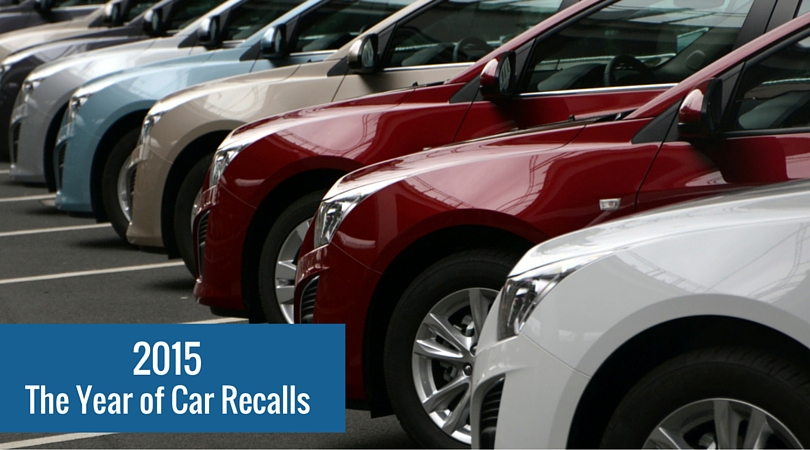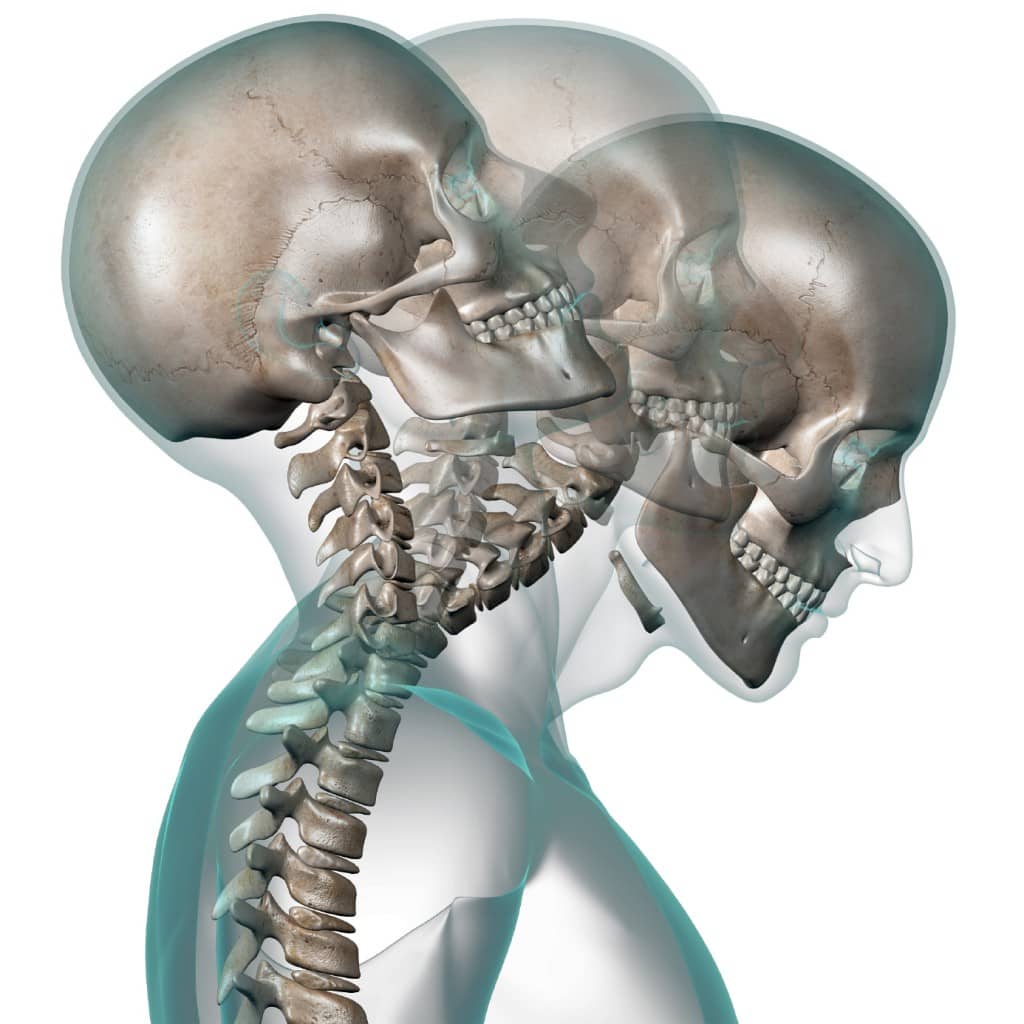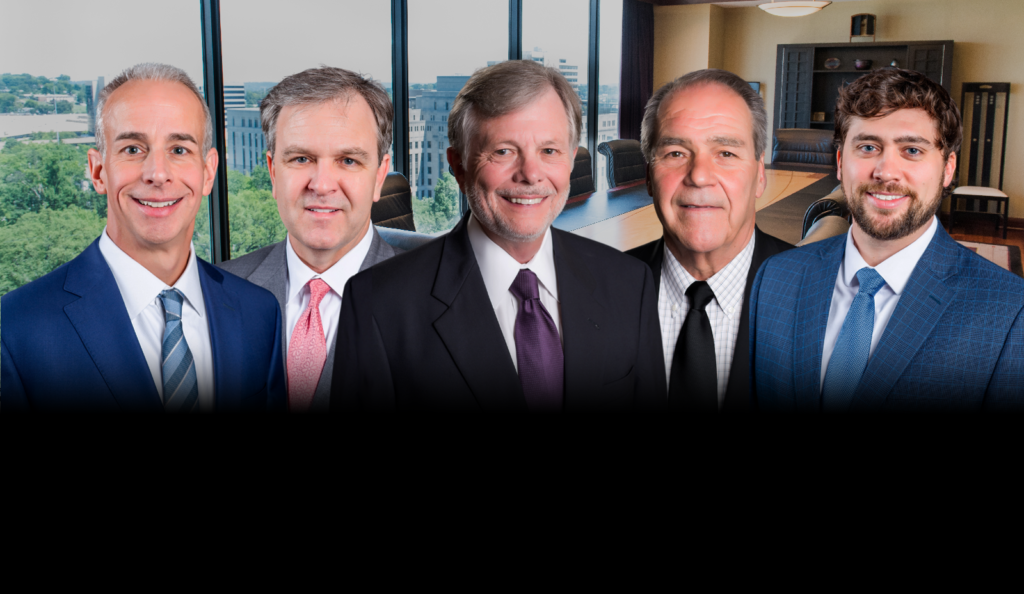What You Should Know About Drowsy Driving
This won’t come as a big news flash, but many Americans do not get the recommended 7-8 hours of sleep a night. According to the Centers for Disease Control (CDC), about 30% of adults in the U.S. get less than 6 hours of sleep a night. Between a demanding job, raising kids and other commitments, who has time to sleep a third of the day?

Of course, even if you are getting the magical number of 8 hours of sleep, it does not necessarily mean you are sleeping well. About 35% of Americans say they get fair or poor sleep on a regular basis, according to the National Sleep Foundation.

30% of adults in the U.S. get less than 6 hours of sleep a night. A good night’s rest is a cornerstone of good physical and mental health. Sleep depravation is a major factor in all kinds of accidents, including some of the most prominent in recent history, like the Exxon Valdez oil spill and the nuclear meltdowns at Three Mile Island and Chernobyl.Drowsiness is also a major hazard on American roadways. The National Highway Traffic Safety Administration estimates that driver fatigue is the cause in about 100,000 vehicle accidents and 1,550 crash-related fatalities every year.The car accident attorneys at Pittman, Dutton, Hellums, Bradley & Mann, P.C. know all too well how dangerous drowsy driving can be. To help keep you and your family safe, below are some tips on how to identify and avoid driving when sleepy.
Who Is Driving When Drowsy?
There is a myriad of problems that arise when our sleep suffers, such as compromised cognitive processing, reduced memory and problem solving skills, and the onset of depression symptoms. You may also be putting yourself at greater risk for heart disease, stroke and diabetes.With poor or insufficient sleep being a virtual epidemic in our country, just about all of us are at risk at some time or another for drowsy driving. Some folks who are more likely to be on the verge of nodding off when behind the wheel are:
- Drivers who have untreated sleep apnea or other sleep disorders.
- Drivers who do not regularly get enough sleep.
- Drivers who use medications that can make them drowsy.
- People who work long shifts or night shifts.
- Commercial drivers who operate semis, tow trucks, construction vehicles and buses.
Some Signs It’s Time to Stop and Rest
It can be easy to dismiss the signs of sleepiness when operating a vehicle. You may reason that you have to get to your destination right away and that you can easily pull through the fatigue. The problem is that just about everybody who has caused an accident while driving drowsy has thought the same.You might be too tired to continue driving if you:
- Have difficulty focusing;
- Are daydreaming or having disconnected thoughts;
- Driver fatigue is the cause in about 100,000 vehicle accidents each year. (NHTSA)[/caption]
- Can’t remember the last few miles you have driven;
- Feel irritable or restless;
- Are blinking frequently or have heavy eyes;
- Yawn repeatedly or keep rubbing your eyes;
- Want to lean your head on something;
- Miss traffic signals or exits; or
- Drift out of your lane, or drive over a shoulder or rumble strip.

Preventing Drowsy Driving
The best way to avoid drowsy driving is taking common sense precautions before even getting into the driver’s seat, like:
- Get the sleep you need. Most adults need 7-8 hours of sleep a day, while teens need about 9 hours.
- Develop good sleeping habits, such as establishing a sleep schedule and avoiding caffeine and alcohol before bed.
- Seek treatment for sleep disorders or symptoms of them, like feeling fatigued all day and snoring.
- Avoid consuming alcohol or taking medications that make you drowsy before driving. Check the label on your medications or talk to your pharmacist if you aren’t sure about a drug’s sleep-inducing side effects.
If you are already tired and have to be somewhere, remember that changing plans is always better than potentially getting into an accident. Try taking a nap before getting behind the wheel, or using a taxi, ride-sharing program or public transportation if the trip can’t wait.







